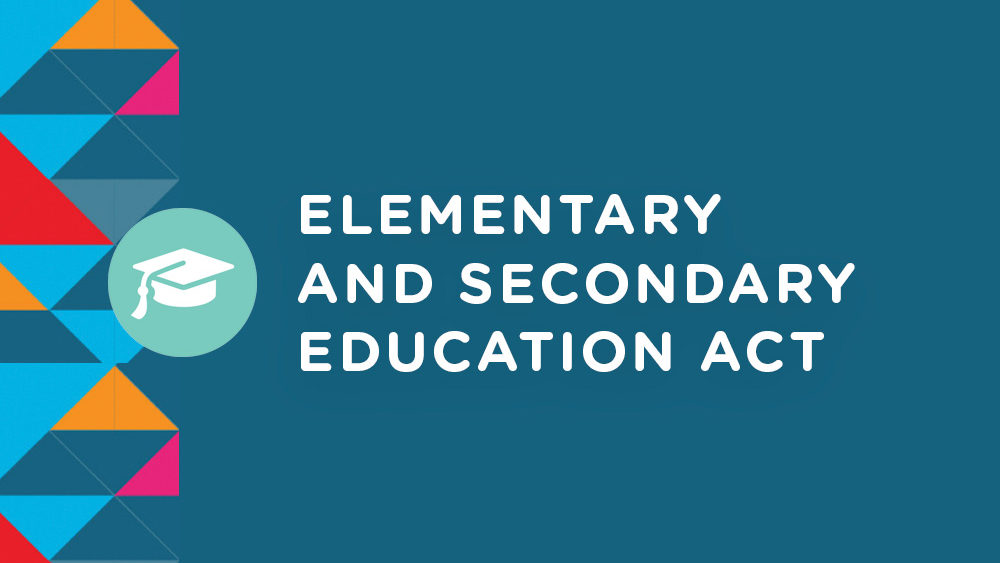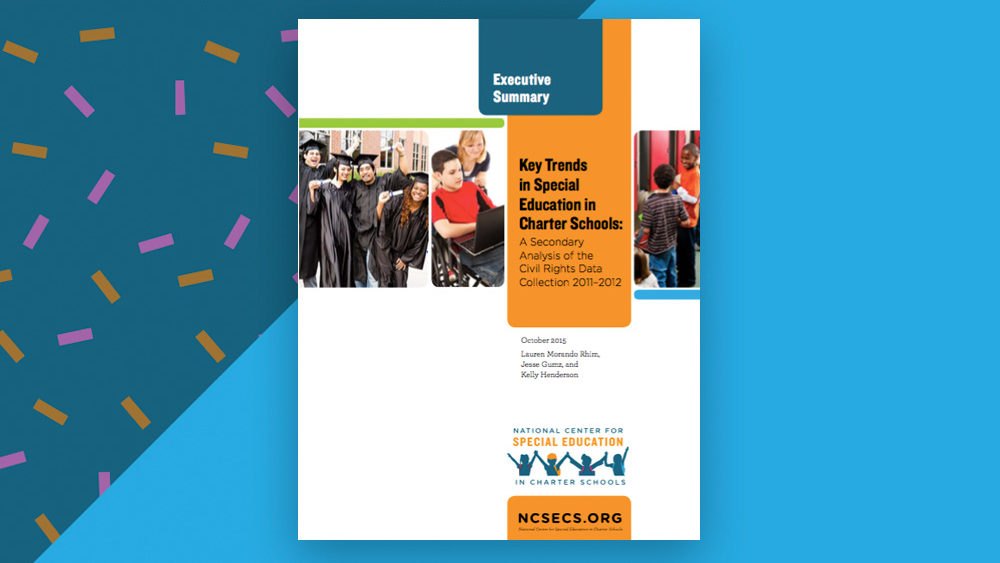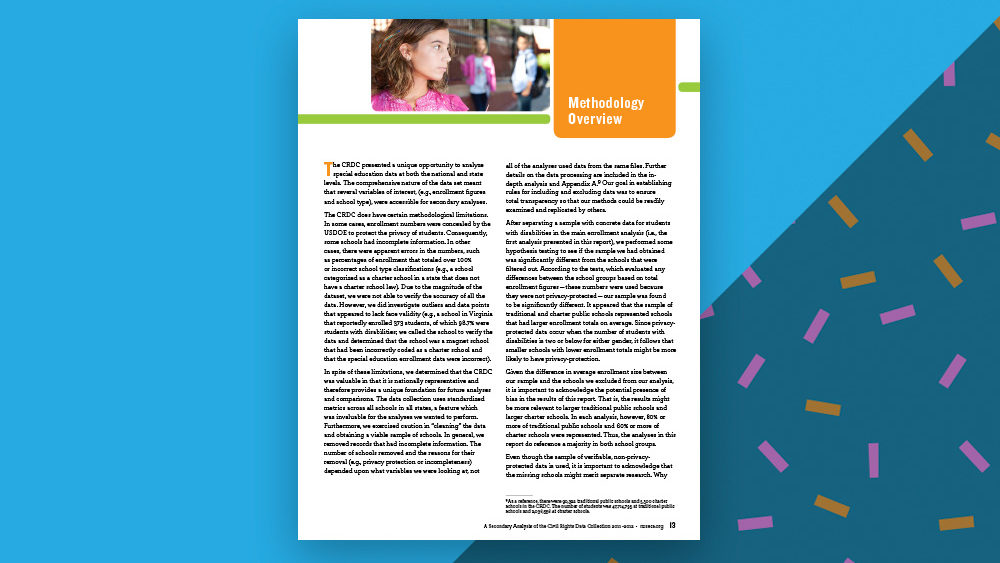The Center for Learner Equity was pleased this week that Congress finally put the worn-out and ultimately underachieving No Child Left Behind Act to bed. NCLB was the iteration of the Elementary and Secondary Education Act that has been in place since 2002
The Center for Learner Equity (The Center for Learner Equity) is both pleased and a bit exhausted to announce that in each of the past two weeks it has released a major research paper.
Today, The Center for Learner Equity released their groundbreaking report: Key Trends in Special Education in Charter Schools, A Secondary Analysis of the 2011-2012 U.S. Department of Education Civil Rights Data Collection (CRDC).
The report gives an overview of how special education is funded in charter schools and the surrounding details.
The Center for Learner Equity has had the opportunity to review three recent reports assessing the nature and viability of online charter schools (also called “virtual” charter schools). They are all components of the same umbrella project – the National Study of Online Charter Schools.
This report gives a summary of an analysis from a 2011-2012 data collection about special education in both charter and traditional public schools.
This report lays out the Methodology Section from a 2015-2016 data collection about special education in both charter and traditional public schools.
This report lays out the findings from a 2011-2012 data collection about special education in both charter and traditional public schools and the implications of that data.
Later this week Lauren Morando Rhim, Executive Director of The Center for Learner Equity, will be moderating a panel in Seattle on special education in charter schools. There is nothing unusual about that – The Center for Learner Equity does its best to contribute to conversations whenever asked to participate.
Charter schools can leverage their autonomy to provide creative, academically powerful programs that enable students to succeed. But, not unlike many traditional public schools, they frequently struggle to consistently and effectively meet the needs of students with disabilities.








